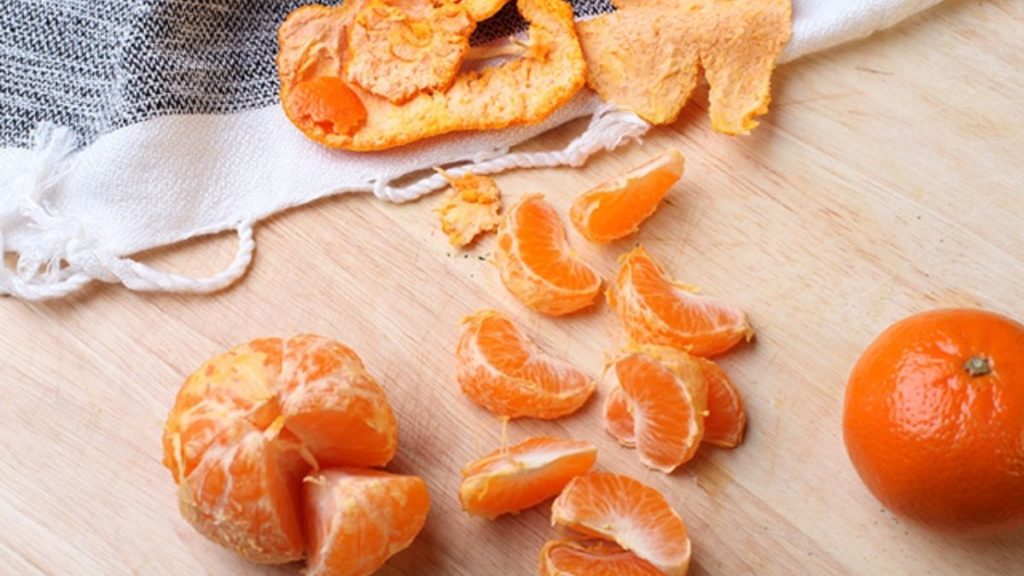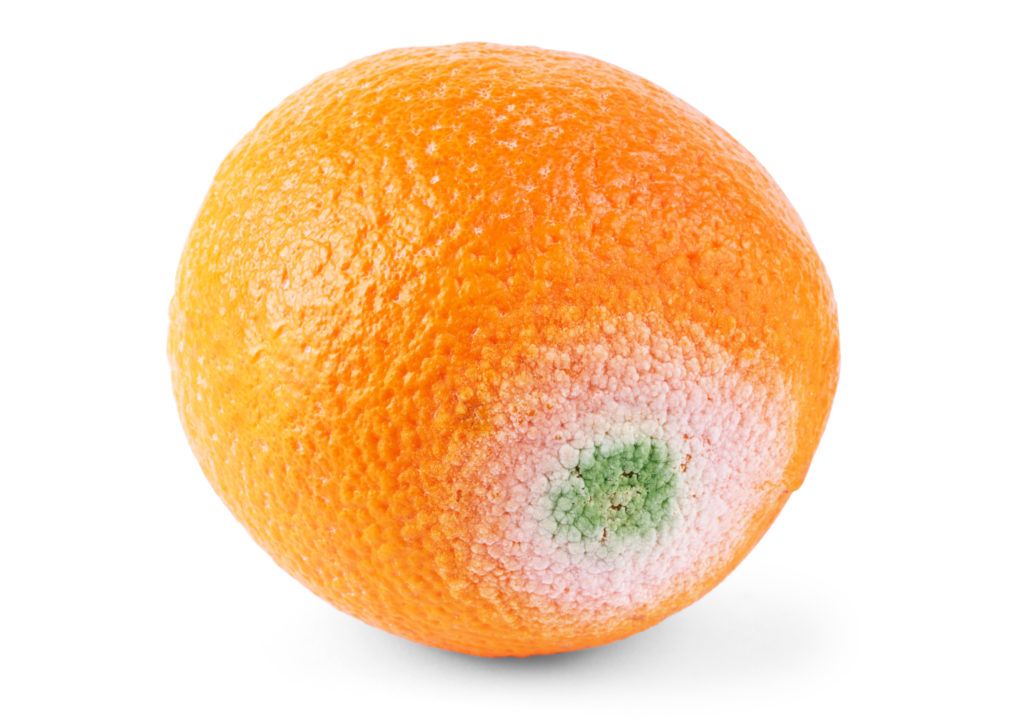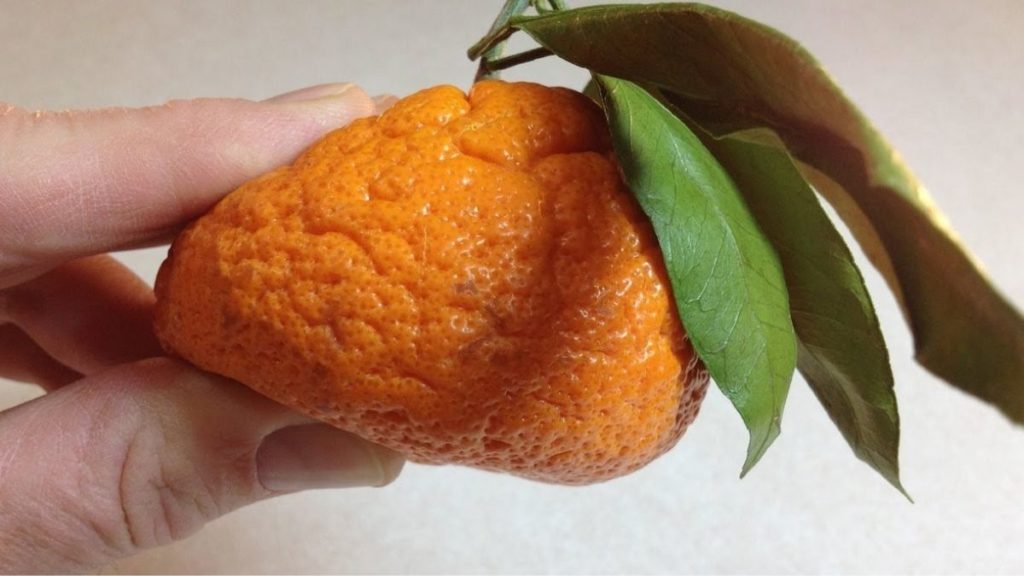Oranges are a popular citrus fruit that are loved globally. They are an excellent source of vitamin C and other essential nutrients, and their sweet and sour flavour makes them a delicious addition to a variety of recipes and snacks. Oranges, like all other fresh fruits and vegetables, have a limited shelf life and will perish if not stored properly or consumed in a timely manner. Knowing how to tell if an orange is bad is important to ensure that you are using the freshest fruit in your cooking and to avoid any potential health risks.
In this post, we will discuss the telltale characteristics of a rotten orange, as well as some suggestions for storing and preparing oranges to prolong their shelf life. Whether you’re a seasoned chef or someone who occasionally loves a juicy orange, continue reading to learn how to determine whether an orange has gone rotten.
One way to tell if something is rotten is by looking at it. A ripe orange has a zesty aroma, and however, a sour orange has a scent akin to a fermented or sour stench. The fruit is rotten when it emits an unpleasant odor. Last but not least, the rotting, sour orange will be hard and dry.
Orange Nutrition Facts
How to Tell if an Orange is Bad?
4 Ways to Tell if your Orange are Bad
- Look Them Over
- Give Them A Gentle Squeeze
- How Do They Smell?
- Taste Them
1. Look Them Over
If you notice any dark discoloration or mushy areas on your oranges, they’re starting to decay. Or the rind may be fading, which is another indicator of rotting oranges.
That’s OK. It’s caused by their being scraped by tree branches, and you should be alright as long as it didn’t cut the orange peel open. Mold is growing on the peel, and you want to stay away from it. If your oranges are already cut into slices, you may detect green mold forming when they go wrong.
The look of a ruined orange is another telltale clue. An orange with dull, dry peel and discoloration isn’t fresh, and its flavor and nutritional value are diminished. Another indicator of a rotting orange is a sour odor. A sour-smelling orange will almost certainly be terrible. The texture of a spoilt orange is delicate, unlike the scent of a rotting orange.
2. Give Them a Gentle Squeeze
Pick each orange up and give it a slight squeeze; you want your oranges to be firm. If oranges are wrong, you’ll see soft, mushy areas on them.
If oranges are left to deteriorate for too long, they may exude juices. Mold will usually begin to grow on these as well.
Sour orange is a soft, mushy orange. It is a good idea to avoid using a sour orange. While a fresh orange will smell sweet, a spoiled one will smell sour and moldy, and rotten fruit will smell bitter or musty. It would help if you discarded a sour orange immediately, which is not suitable for you.
3. How do They Smell?
Your oranges will have a moldy or rotten odor if they have gone wrong. Fresh oranges don’t have many ascents, and if they do, it’s a faint citrus aroma. Any odor emanating from your oranges indicates that they have gone wrong.
Even if you’re smelling them from the outside, the inside won’t be any better if they’re foul, so throw them out. A rotten orange is more difficult to peel and smells unpleasant. A rotten orange’s peel will be dry and slimy or moldy in appearance. If the fruit is moldy, it has most likely gone bad. However, if the orange has a disagreeable odor, it may still be edible. It’s a positive sign if a sour orange stinks.
4. Taste Them
If you can’t tell, they’re probably fine, but you can taste them, and if they’re sour or have a fermented flavor, I’d throw them out. This is an excellent way to identify if orange juice has gone wrong in particular.
The orange will have a poor tint, a dark area on its skin, and a soft spot if it is rotten. If it’s rotten, peeling it will be challenging, and if it’s spoilt, it will leak unpleasant fluids. The orange will be soft, and the skin will begin to peel away. Look for a brilliant orange with less hardness and a darker tint if you’re looking for an orange.
What are the Harms of Eating Orange?
Excessive vitamin C use might harm the stomach. Fiber is another high-content element in orange. In this case, consuming too much orange may result in gastrointestinal issues such as pain and diarrhea. In this case, you should consume only a tiny amount of oranges.
When is it not a Good Idea to Eat an Orange?
Oranges starting to spoil will first get squishy, then grow a white mold. The mold will spread swiftly and turn green. As soon as an orange begins to soften, it should be tossed. Another clue that oranges are going to perish is discoloration.
Is Orange Good for you Or Not?
Oranges include vitamin C, which benefits your health in various ways: It shields your cells from harm. Aids in collagen production, a protein that aids in healing wounds and soothing the skin. To combat anemia, it makes it simpler to absorb iron.
Is it Possible to Become Sick from a Bad Orange?
You can become sick from a poor orange, and this is because oranges can contain bacteria or viruses that could infect you if eaten. Bright color (not dull), less stem and more flesh, and substantial weight are all characteristics to look for when choosing a good, delicious orange. These characteristics indicate that the fruit is still fresh and will not rot rapidly.
Is Orange Beneficial for the Skin?
Oranges are high in Vitamin C, which promotes collagen formation and helps balance out skin tone and texture. Your skin’s suppleness is restored, and your complexion gets firmer tauter, and wrinkles are reduced.
Is it True that Oranges Make you Fat?
While including oranges in your diet may help you lose weight, it’s a mistake to believe that eating this citrus fruit would cause your fat to melt away. Because oranges include calories, they do not directly burn fat.
Conclusion
The most visible symptom of an orange’s rottenness is its peel. Rotten oranges will be mushy and unappealing, in addition to having a sour odor. A rotten orange is soft, with some discolor and it. It may have a soft spot that has turned green and white. It’s best to throw it away right away, even if it doesn’t smell foul. You’ll know that it’s spoiled if it smells sour. It’s essential to take the necessary steps to prevent this from happening. If you’re unsure of what to do, don’t waste money and don’t eat it.






